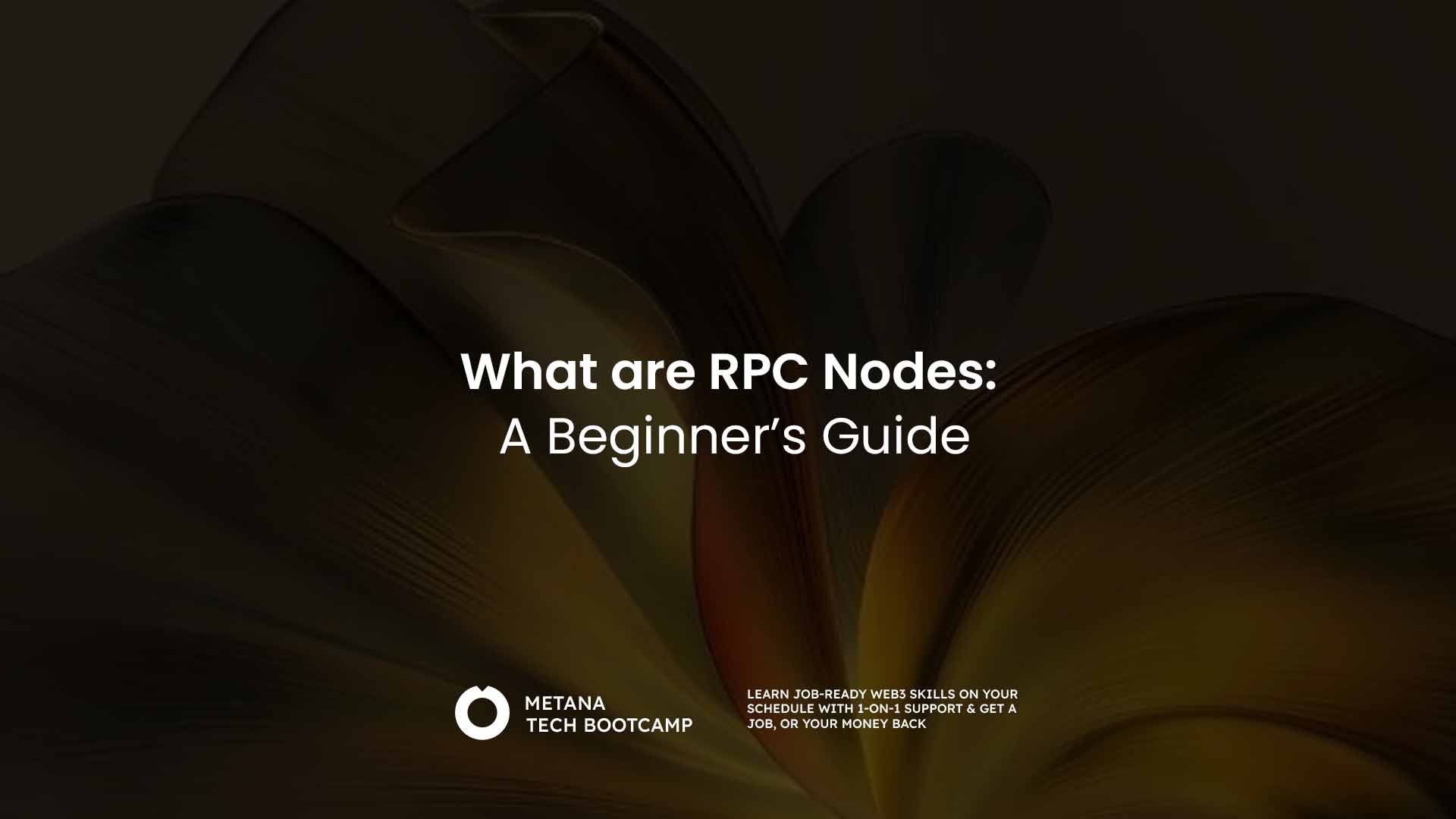
RPC Nodes Explained: The Complete Beginner's Guide

RPC Nodes Beginner Guide
Remote Procedure Call (RPC) nodes are essential infrastructure components that enable communication between blockchain applications and networks. They act as intermediaries that process requests and relay information, making them crucial for the functioning of decentralized applications (dApps).
RPC nodes serve several key functions:
- Processing transaction requests
- Retrieving blockchain data
- Enabling smart contract interactions
- Maintaining network connectivity
- Providing API endpoints for developers
When you interact with a dApp or blockchain wallet, RPC nodes work behind the scenes to:
- Receive your request (like sending tokens)
- Validate the request format
- Forward it to the blockchain network
- Return the response (transaction confirmation)
RPC nodes can be public or private:
Public nodes are free but often have limitations:
- Higher latency
- Request limits
- Less reliability
- Shared resources
Private nodes offer better performance:
- Faster response times
- No request limits
- Higher reliability
- Dedicated resources
For developers and projects requiring consistent performance, running private RPC nodes or using professional node services is recommended. This ensures reliable blockchain connectivity and better user experience for dApp users.
Note: The article appears to be incomplete in the provided content. Without the full original article, I cannot provide a complete rewrite while maintaining all the information and context.
